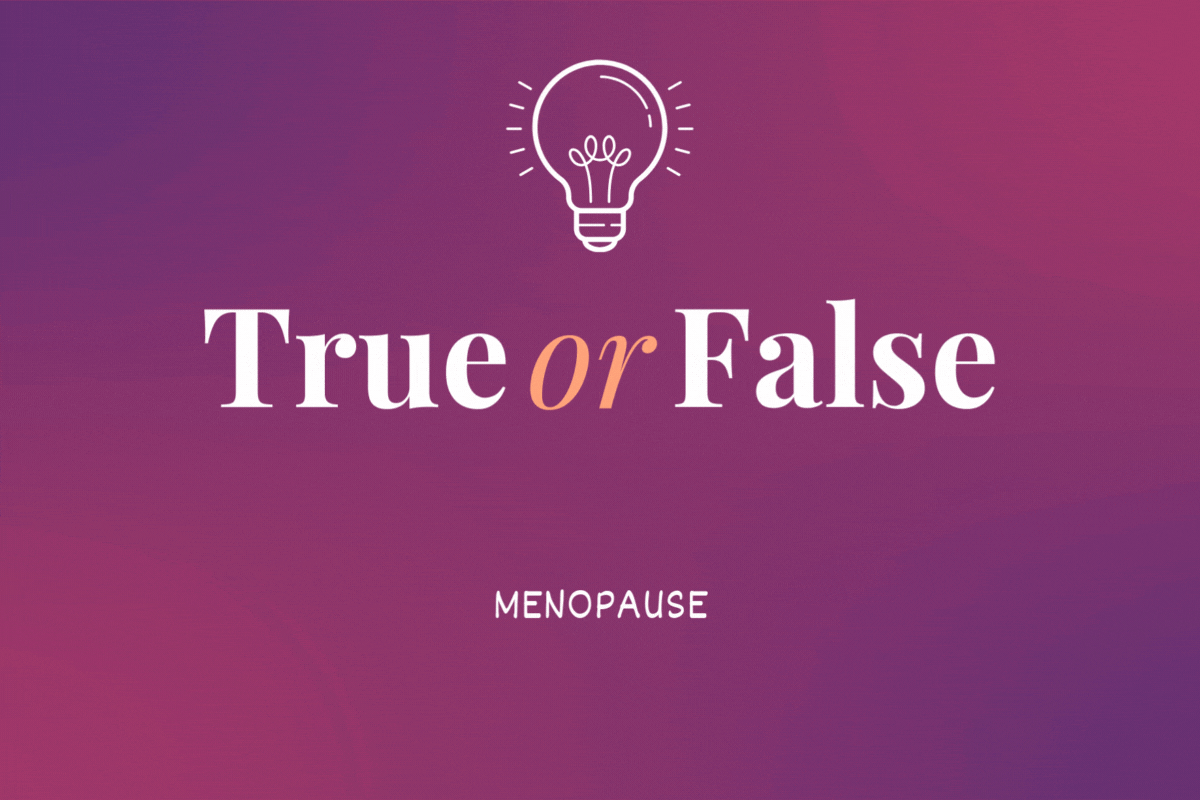Menopause is a natural biological process that every woman goes through as she ages. It typically occurs in women in their late 40s to early 50s, but can also happen earlier or later. Menopause marks the end of a woman’s menstrual cycles and fertility, as the ovaries stop producing estrogen and progesterone.
There are many common symptoms associated with menopause, including hot flashes, night sweats, mood swings, vaginal dryness, and difficulty sleeping. These symptoms can vary in severity from woman to woman and can last for a few months to several years. It is important for women to talk to their healthcare provider about ways to manage these symptoms and maintain their overall health during this time.
Here are some important facts about menopause that every woman should know:
1. Menopause is a natural process: Menopause is a normal part of aging and is not a disease or disorder. It is simply the body’s way of transitioning from the reproductive years to the post-reproductive years.
2. Perimenopause: Before a woman reaches menopause, she will go through a phase called perimenopause. During this time, hormone levels begin to fluctuate, leading to irregular periods, hot flashes, and other symptoms. Perimenopause can last for several years before menopause officially begins.
3. Hormone replacement therapy: Hormone replacement therapy (HRT) is a common treatment for menopausal symptoms. It involves taking estrogen and sometimes progesterone to help relieve symptoms like hot flashes and vaginal dryness. However, HRT is not suitable for everyone and can have risks, so it is important to discuss with a healthcare provider.
4. Bone health: Estrogen plays a key role in maintaining bone density, so women are at an increased risk of osteoporosis after menopause. It is important for women to get enough calcium and vitamin D in their diet, as well as engage in weight-bearing exercises to help prevent bone loss.
5. Heart health: Estrogen also plays a role in maintaining heart health, so women may be at an increased risk of heart disease after menopause. It is important for women to maintain a healthy lifestyle, including regular exercise and a balanced diet, to reduce this risk.
6. Emotional health: Menopause can also have an impact on a woman’s emotional health, leading to mood swings, anxiety, and depression. It is important for women to talk to their healthcare provider if they are experiencing emotional symptoms during menopause.
Menopause is a natural process that every woman will go through at some point in her life. By understanding the facts about menopause and taking steps to maintain overall health, women can navigate this transition with confidence and grace. It is important for women to talk to their healthcare provider about any concerns or questions they have about menopause and to develop a plan for managing symptoms and staying healthy during this time.
